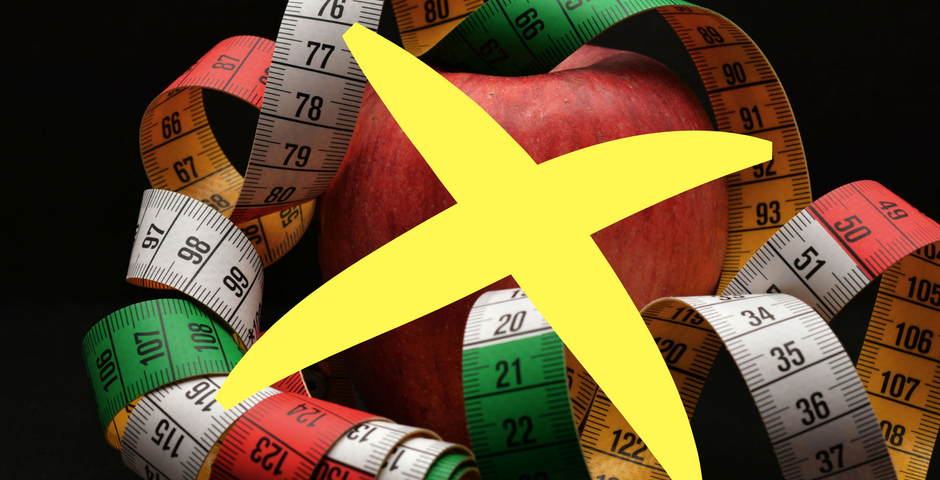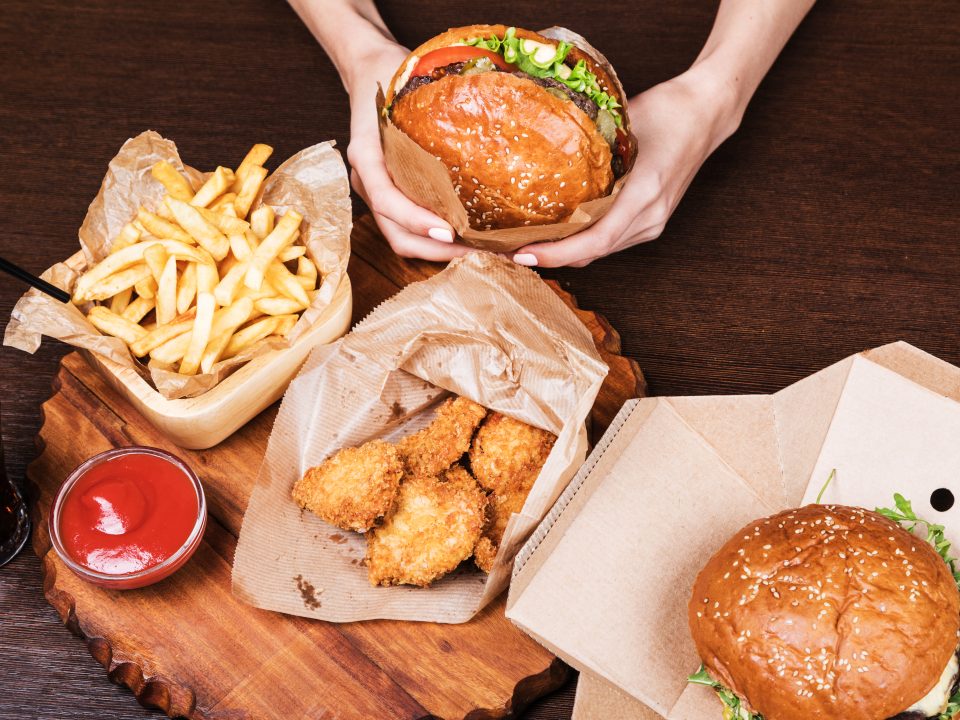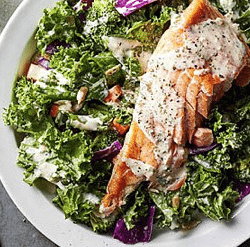
A Simple Walk Can Guide Your Weight Loss Journey
March 22, 2018
The Secret To Successful Weight Loss: Diet Quality, Not Quantity
March 31, 20181. Rehydrate regularly
Drinking water before meals can greatly reduce hunger, help prevent overeating, and increase meal satisfaction. Let drinking water become part of your daily routine and you will feel much better for it.
2. Abandon soft drink
While drinking water or other low calorie beverages before meals can be greatly beneficial to you, sugary or calorie-loaded drinks such as soft drink and juice should be avoided.
3. Eat slowly
When eating, practice chewing thoroughly and eating slowly. Our brain needs time to process that we have taken enough food in already, so slowing down when eating helps decrease food intake by letting us feel full when we have had enough to eat.
4. Practice serving smaller portions
Serving yourself in smaller portions can be really hard to do, especially when you are used to big plates. But if you work to gradually reduce your portions of carbohydrate and protein rich foods, and gradually increase your portions of non-starchy vegetables, you will find that your appetite adapts much more easily.
5. Consume fiber-rich foods
While insoluble fiber helps digestive system to work properly, another kind of fiber called viscous fiber is thought to promote weight loss and reduce food intake. This special kind of fiber can only be found in certain plant foods such as asparagus, sprouts, beans, oats, flax seeds and oranges to name a few.
6. Don’t skimp on protein
Love a good steak? We hear ya! Not only are many foods that are rich in protein delicious, they also have powerful effects on appetite. Protein reduces hunger and increases the feeling of fullness. Even better? These effects can last up to 36 hours afterwards!
7. Keep away from unhealthy foods
Keeping unhealthy foods out of your line of vision can help reduce cravings, and the unhealthy choices that follow. On the contrary, keeping healthy foods or snacks visible in your fridge and pantry makes it more likely you will grab those if you’re feeling hungry.
8. Trick your mind with a smaller plate
Hiding from unhealthy foods forever isn’t possible, so if you’re in a spot where you have to grab some, trick your mind with smaller plates to make the servings look bigger. This has been proven to fool your brain into thinking that you’re eating more than you actually are.
9. Don’t get distracted while eating
Research has found that found out that eating while distracted by TV, computers, or mobile devices makes you lose track of how much food you have taken, putting you at risk of overeating. Paying attention to your meals and eliminating distractions while you enjoy your food may help you eat less.
10. Get enough sleep and relieve stress
Finally, sleeping well and putting into practice good stress management techniques is an important part of part of a healthy lifestyle. Both these two greatly affect your appetite and weight control. People experiencing lots of stress tend to eat more, while lack of sleep disrupts the appetite-regulating hormones and promotes bad eating habits… resulting to weight gain.
Overall, losing weight and living a healthy lifestyle is possible without following a super strict diet and exercise regime. But of course, having a good mindset and being consistent in making healthier choices takes practice, but they payoff is certainly worth the effort.
Losing weight is typically associated with strict diet and exercise. But what if the traditional weight loss path just isn’t for you? Well, no worries, because choosing a healthier lifestyle could actually get you better weight loss results. Here are 10 ways you can lose weight without dieting or exercising.





